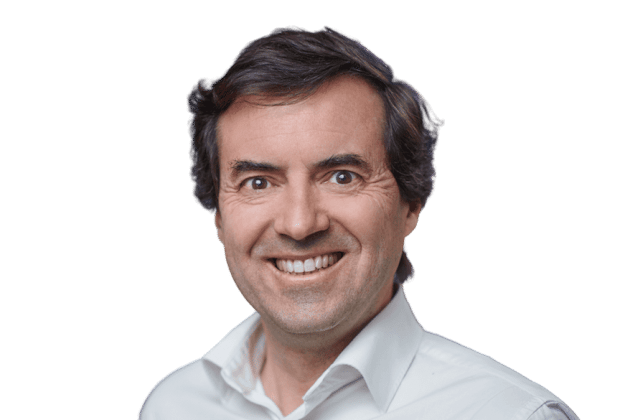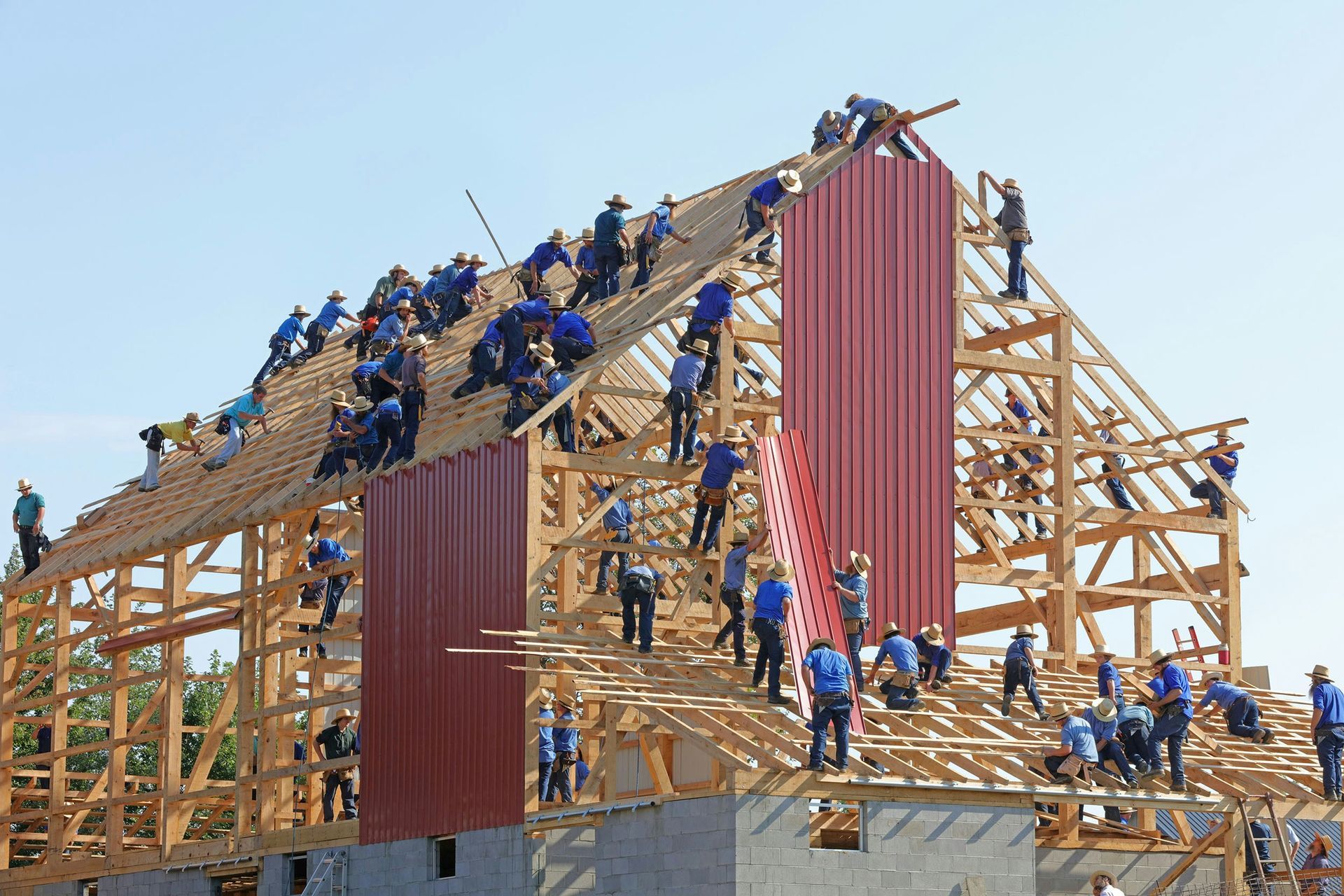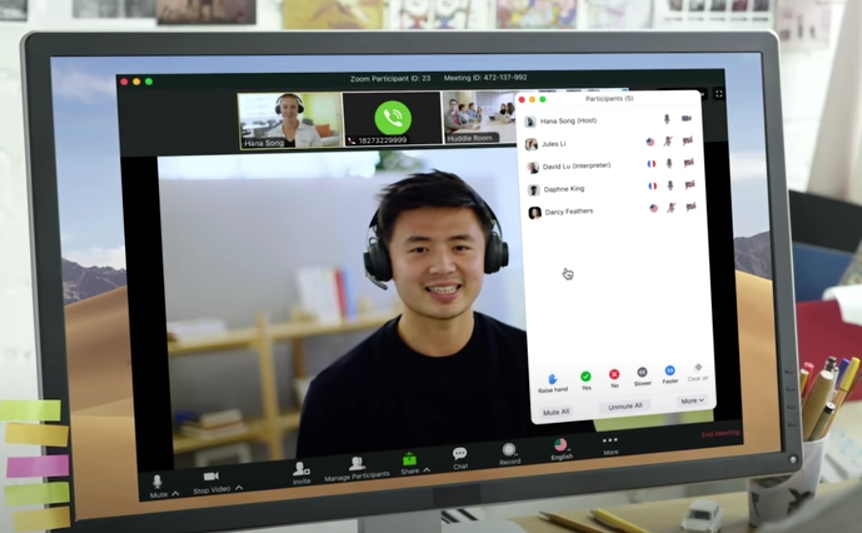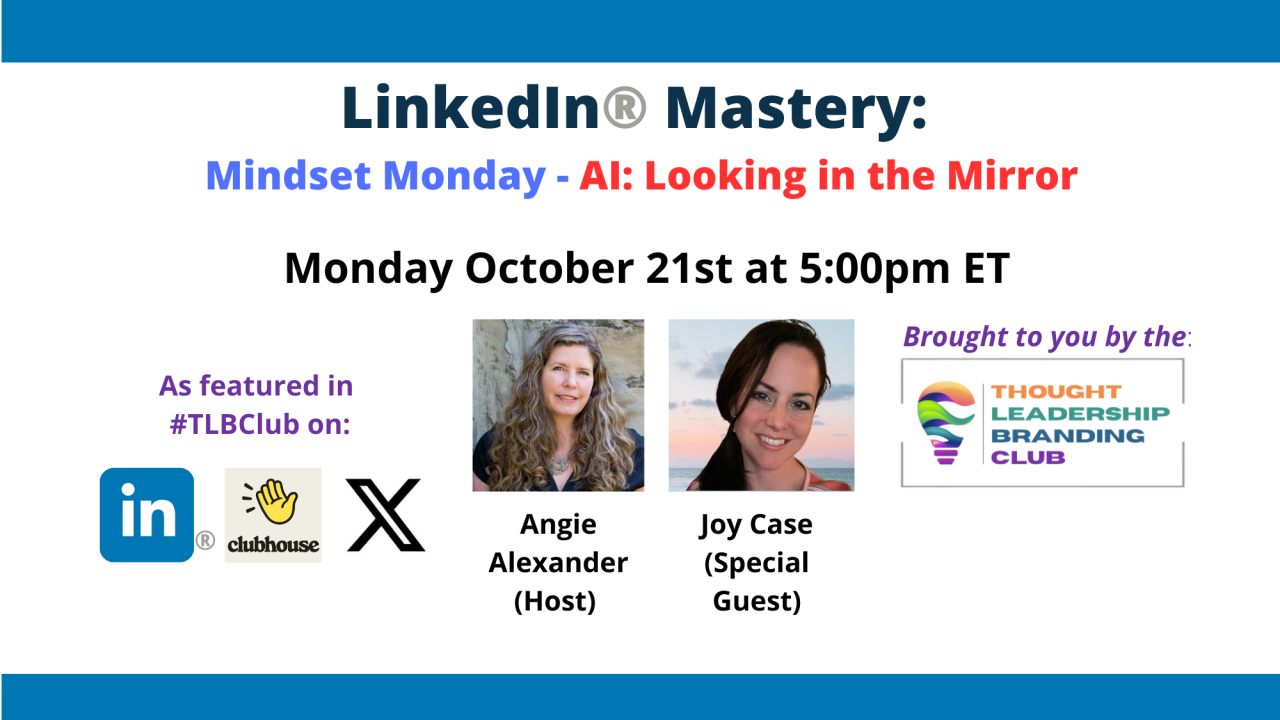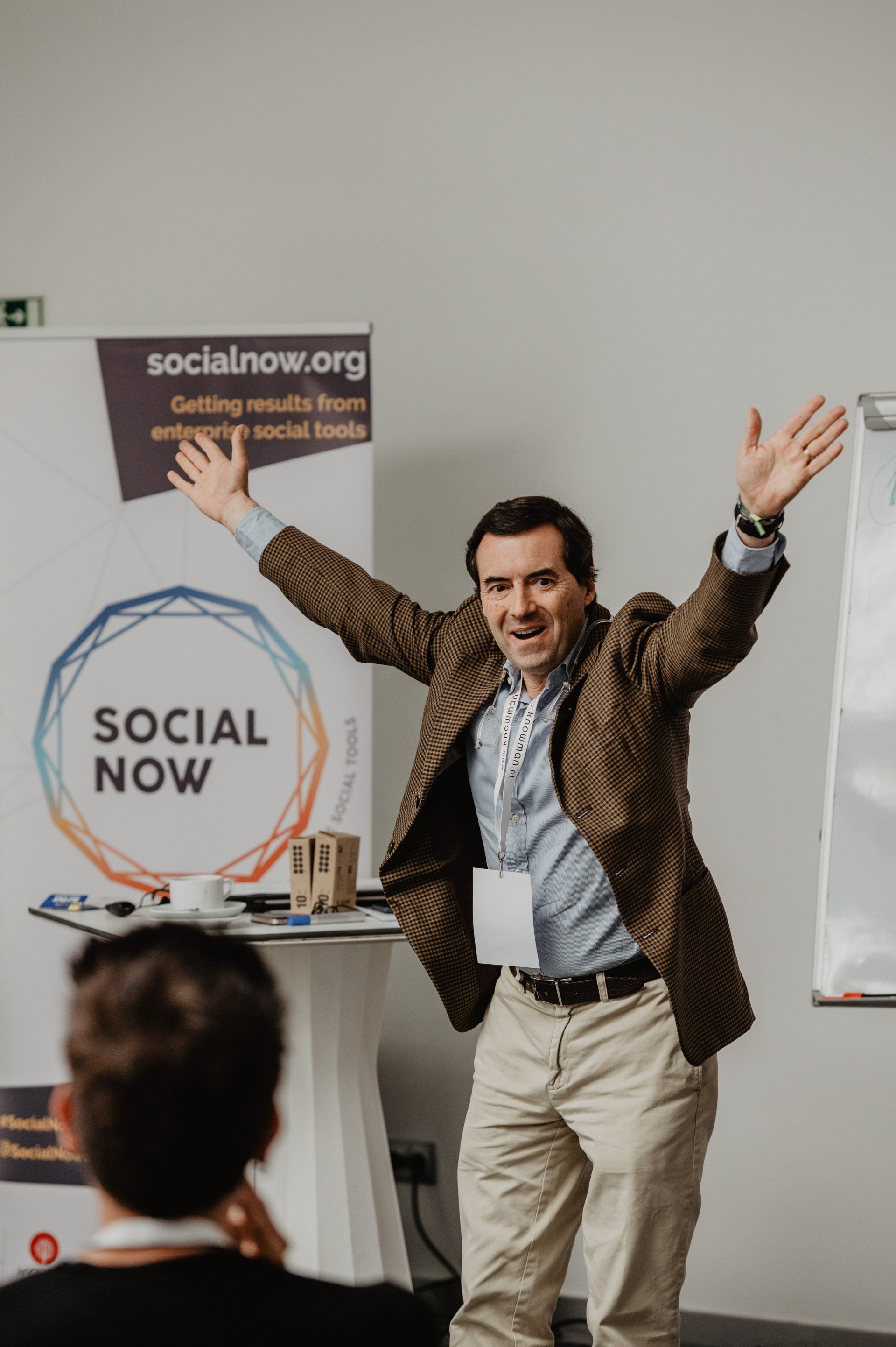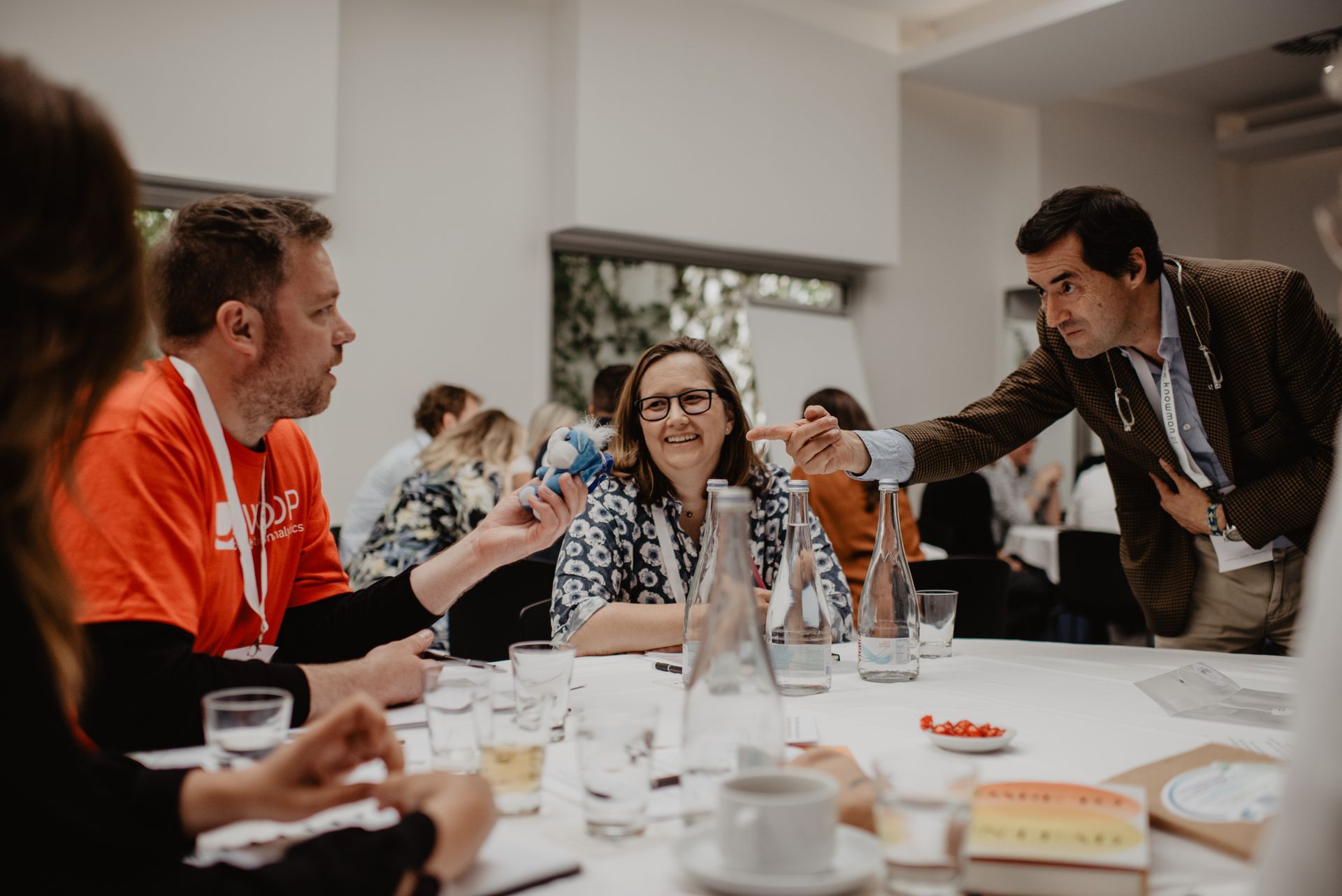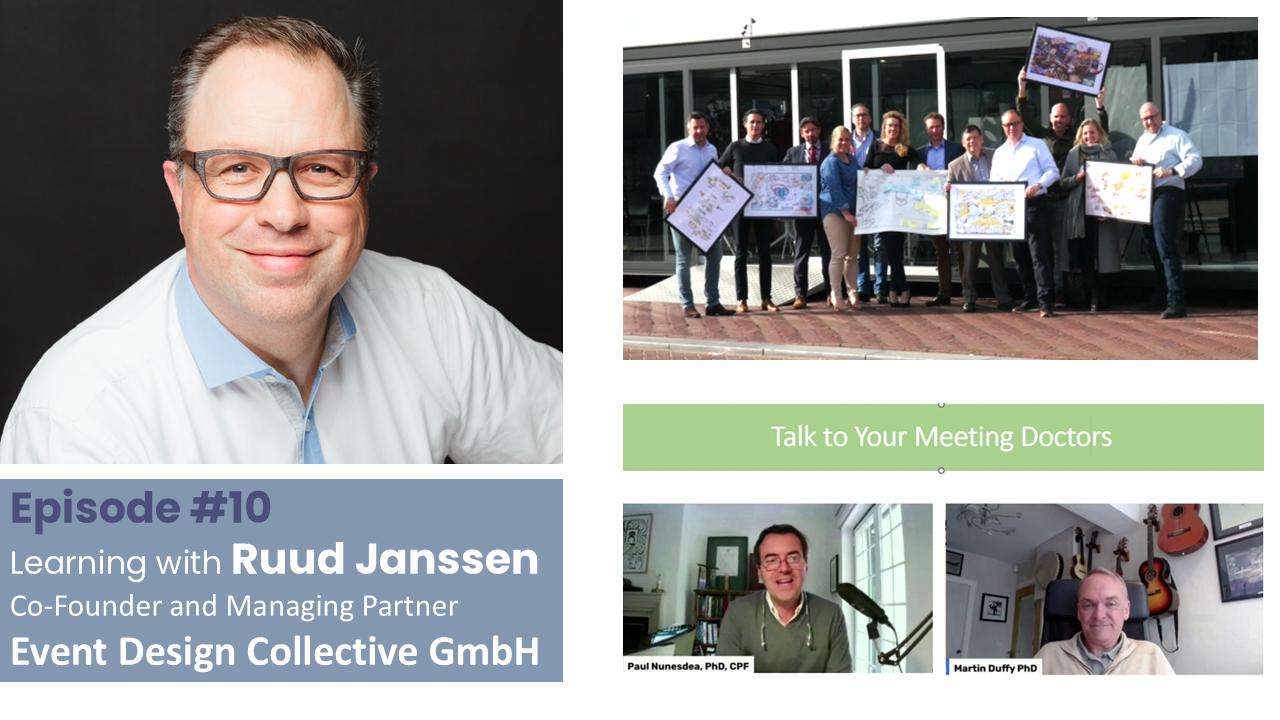
Uniting Wind and Rooths
Morgavel Wind Farm Spurs Protests Amidst Avoidable Concerns

The Portuguese Government has declared the installation project of the Morgavel Wind Farm in the municipality of Sines as being of "indispensable public utility." This declaration will lead to the felling of 1821 cork oak trees and poses a threat to several protected species. Of particular concern is one of the only two pairs of ospreys in the vicinity of the Southwest Alentejo and Vicentine Coast Natural Park, according to a statement from Quercus.
The proposed Morgavel Wind Farm project has ignited a local outcry in Sines, driven by mounting concerns that could have been prevented with better planning and community involvement. The decision to label the project as "indispensable public utility" has triggered alarm due to the impending felling of 1821 cork oak trees. This move threatens the delicate ecosystem and protected species, notably including one of the area's two pairs of ospreys near the revered Parque Natural do Sudoeste Alentejano e Costa Vicentina.
Environmental organization Quercus has emerged as a strong voice for responsible development, expressing reservations about the project's impact and advocating for ecologically-conscious alternatives. Local residents are uniting to oppose what they view as a disregard for their environment and heritage, arguing that careful planning and advanced methods could have averted the conflict.
This situation underscores the need for balanced progress that respects nature and culture, highlighting the importance of inclusive dialogue among policymakers, developers, environmentalists, and communities. With collaborative and environmentally-sensitive development, conflicts like these can be transformed into opportunities that preserve both the environment and the communities it sustains.
Involving the rural population and addressing potential conflicts related to the construction of a new wind farm in Sines, particularly if it involves the cork oak slaughter, requires a thoughtful and inclusive approach.
Here's a comprehensive strategy to consider:
Community Engagement and Participation:
- Begin by organizing community meetings and workshops to educate the rural population about the benefits of renewable energy and the wind farm project.
- Encourage open discussions to understand the concerns and viewpoints of the community members.
- Actively involve local leaders, elders, and influencers to help convey the project's goals and benefits to the community.
Cultural and Environmental Sensitivity:
- Acknowledge the cultural and environmental significance of cork oak trees to the local community.
- Highlight the ways in which the wind farm can coexist with the natural environment and minimize its impact on cork oak trees.
- Incorporate community suggestions for minimizing harm to cork oak trees, such as adjusting the location of turbines or adopting advanced construction methods.
Benefit Sharing:
- Clearly outline the economic and social benefits the community will receive from the wind farm project, such as job opportunities, infrastructure improvements, and local development funds.
- Consider establishing a community benefit fund that allocates a portion of the project's profits to support local initiatives and conservation efforts.
Mitigation Strategies:
- Collaborate with environmental experts to design mitigation strategies that minimize the impact on cork oak trees and local biodiversity.
- Explore innovative construction techniques that could reduce the need for cork oak slaughter, such as using elevated platforms for turbine installation.
Compensatory Measures:
- If some cork oak trees must be removed, commit to planting a higher number of new cork oaks in the area or supporting reforestation efforts elsewhere.
- Engage the community in the tree planting process, turning it into a positive and unifying activity.
Education and Training:
- Offer training programs to local residents for potential job opportunities in the wind farm construction, maintenance, and operation phases.
- Collaborate with educational institutions to develop programs that equip locals with skills relevant to renewable energy industries.
Transparency and Communication:
- Maintain clear and transparent communication throughout the project's lifecycle, sharing progress updates and addressing concerns promptly.
- Use accessible language and communication channels that cater to the preferences of the local community.
Legal and Regulatory Compliance:
- Ensure that all aspects of the wind farm project adhere to local regulations, including environmental impact assessments and permits.
- Involve community members in the review process to foster a sense of ownership and oversight.
Long-Term Collaboration:
- Commit to ongoing collaboration with the local community even after the construction phase, involving them in decisions related to the wind farm's operations and community initiatives.
Public Relations and Media Outreach:
- Utilize local media outlets to showcase the positive aspects of the project, highlight the benefits to the community, and share stories of successful collaborations.
By taking a holistic and participatory approach, you can minimize conflicts and gain the support of the rural population for the wind farm project while respecting their cultural and environmental values.
If you share our concern for the delicate balance between progress and preservation, and are passionate about finding sustainable solutions for challenges like these, I invite you to connect with me, Paul Nunesdea, PhD, CPF, or the collaborative team at col.lab | collaboration laboratory.
Together, we can work towards creating a future where responsible development harmonizes with the environment and local communities.
Your insights and contributions can play a vital role in shaping a better path forward. Let's join forces and make a difference. Feel free to reach out to me
here.
Additional References
Quercus website Parque Eólico de Morgavel em Sines: Quercus pede alterações urgentes para compatibilizar critérios de conservação da natureza
Portuguese Environment Agency APA -
Sistema de Informação sobre Avaliação de Impacte Ambiental
Observador - News about parque eólico.
Magazine Imobiliário - News about parque eólico
Público - News about protests.
About the author
Paul Nunesdea is the English pen name of Paulo Nunes de Abreu, Facilitator, Master of Ceremonies, Author, and Publisher of the book series - Architecting Collaboration, his LinkedIn profile can be reached here, or in Spanish here, or Portuguese here.
Paul is an IAF Certified Facilitator™ who designs and hosts events for clients ranging from large companies to municipalities and regional governments.
His academic background as a PhD researcher combined with +15 years of experience as a former CEO and entrepreneur have sharpened a client-serving mentality eager to co-create win-win solutions. As an NGO founder, he co-founded Digital Health Portugal and hosts the Health Regions Summit, the Health Data Forum, and several other initiatives.
As certified facilitator he co-founded the Digital Collaboration Academy with renowned facilitator Peter Seah united by the vision of creating and sustaining a new emerging field - Digital Facilitation - augmented by the core competencies of the IAF - Internacional Association of Facilitators.
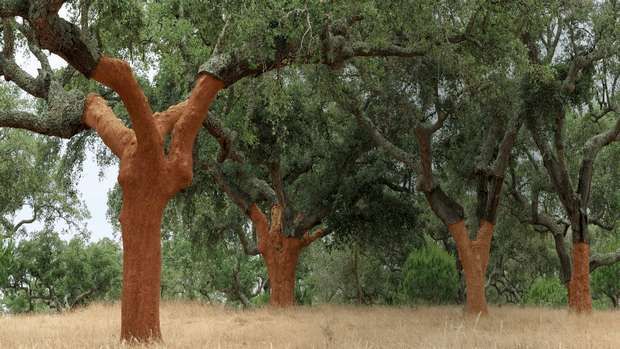

Follow Us
"Be brave enough to start conversations that matter and shift the direction of change for the better."
col.lab | collaboration laboratory is a spin-off from the book series " Architecting Collaboration " and our privacy policy can be consulted here
My Meeting Support is an event services brand by col.lab | collaboration laboratory





